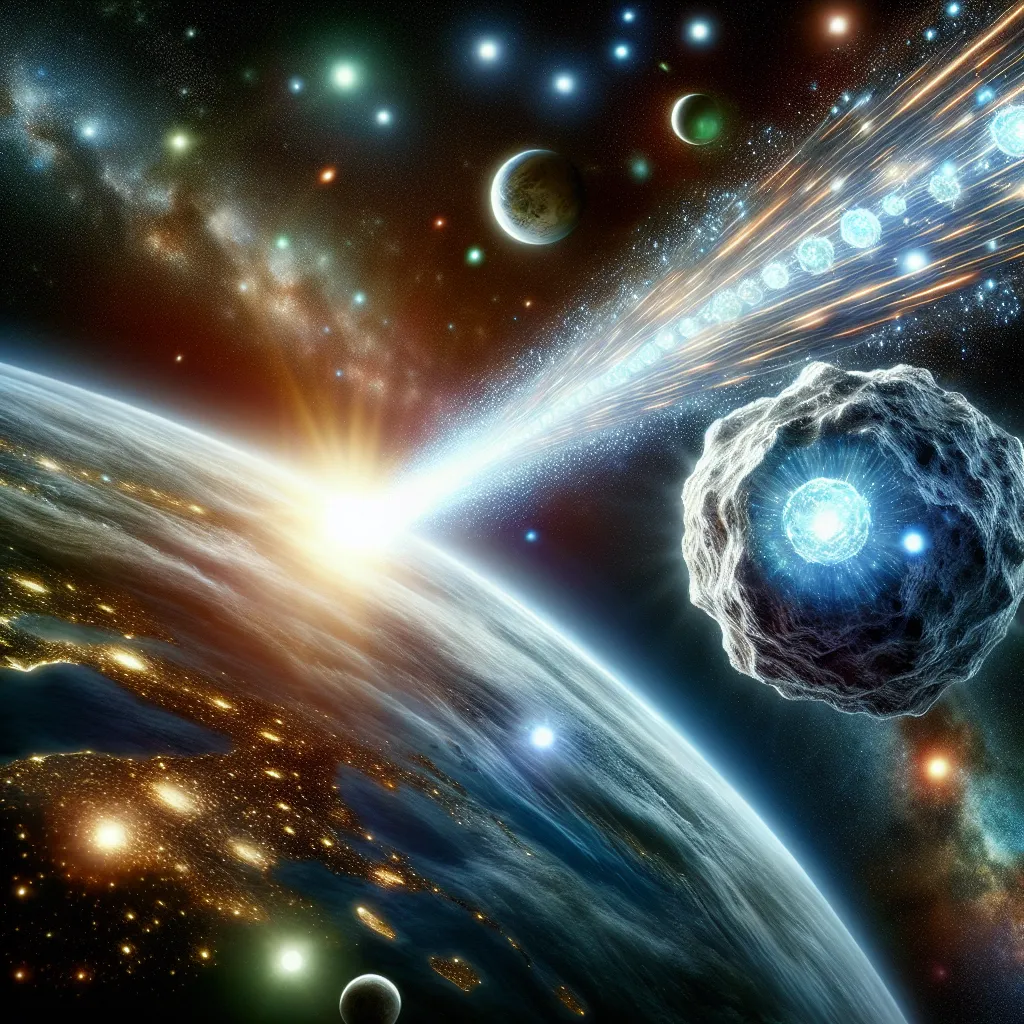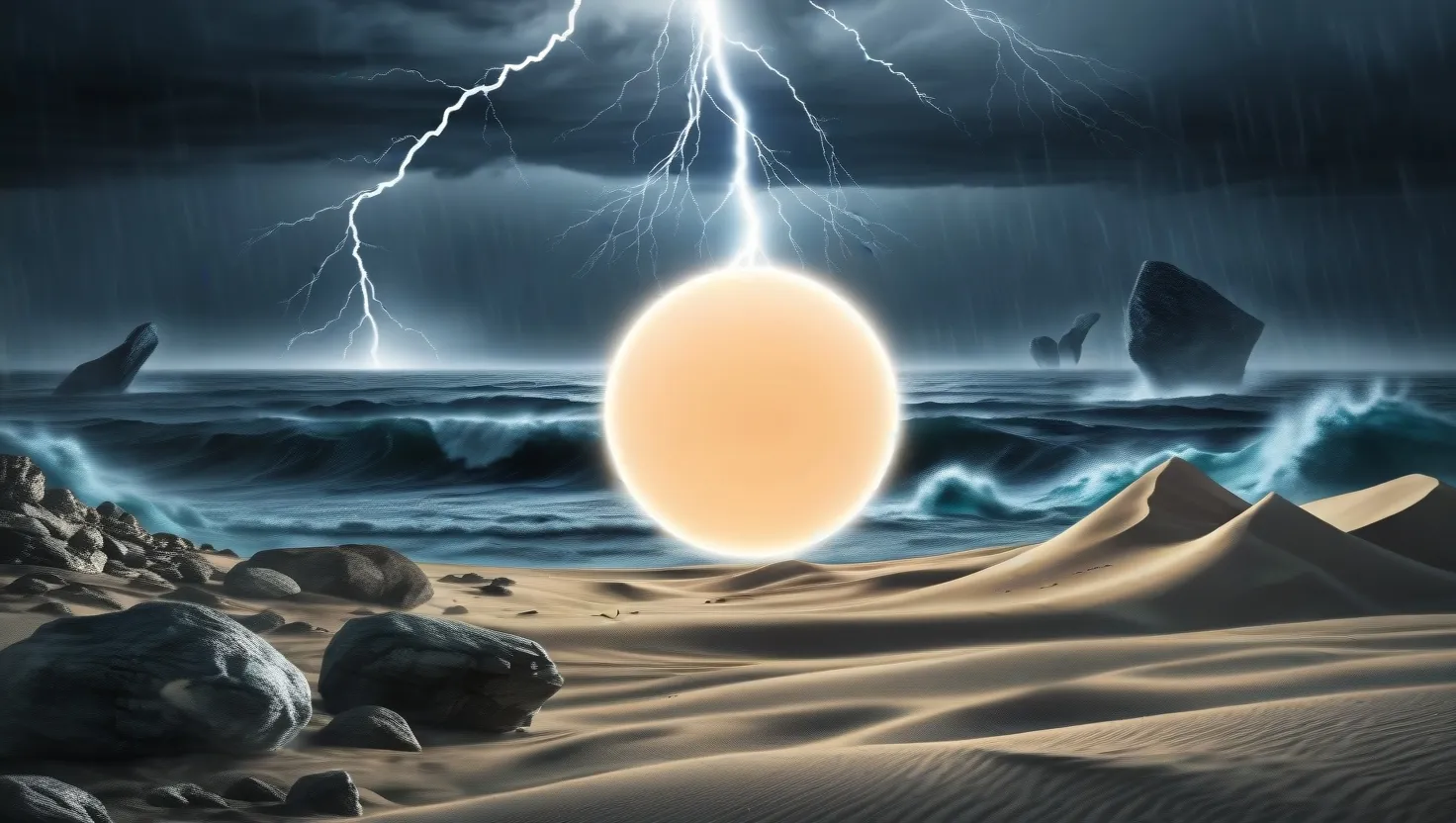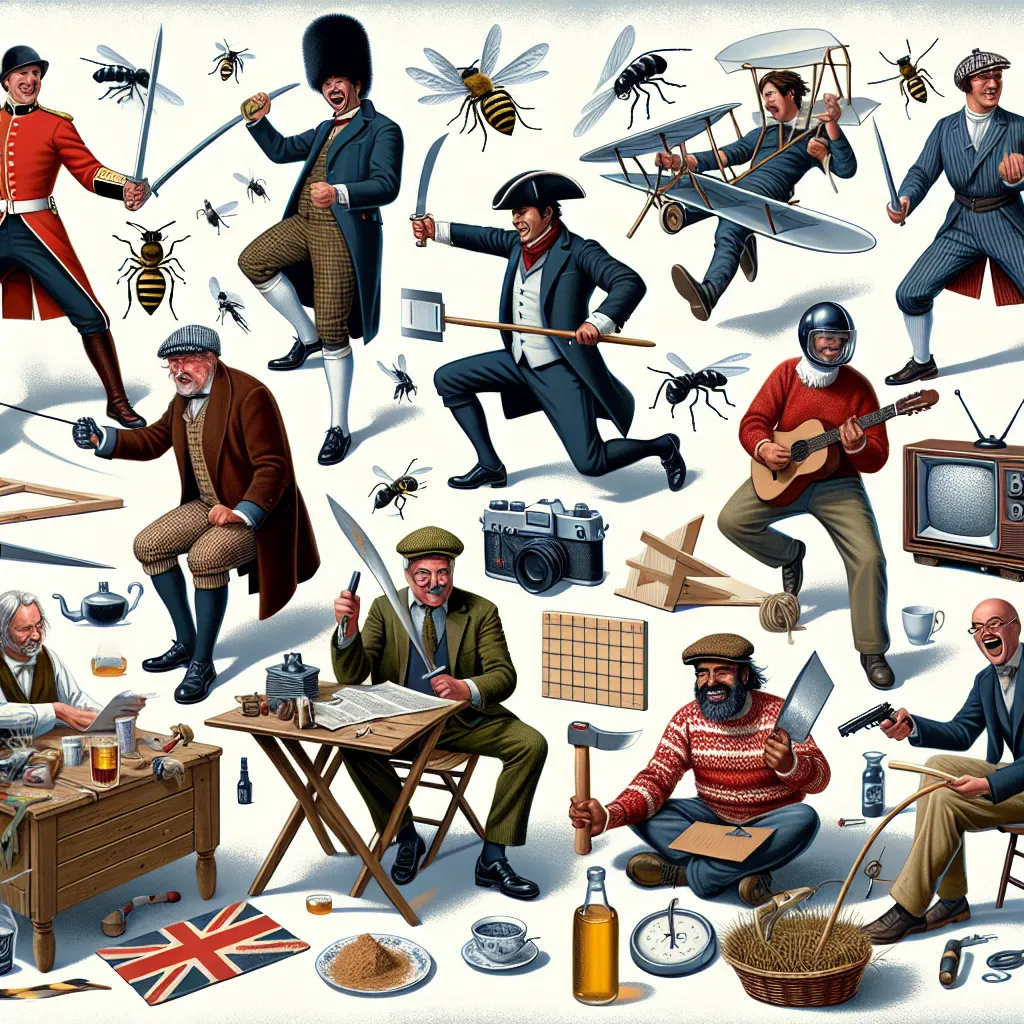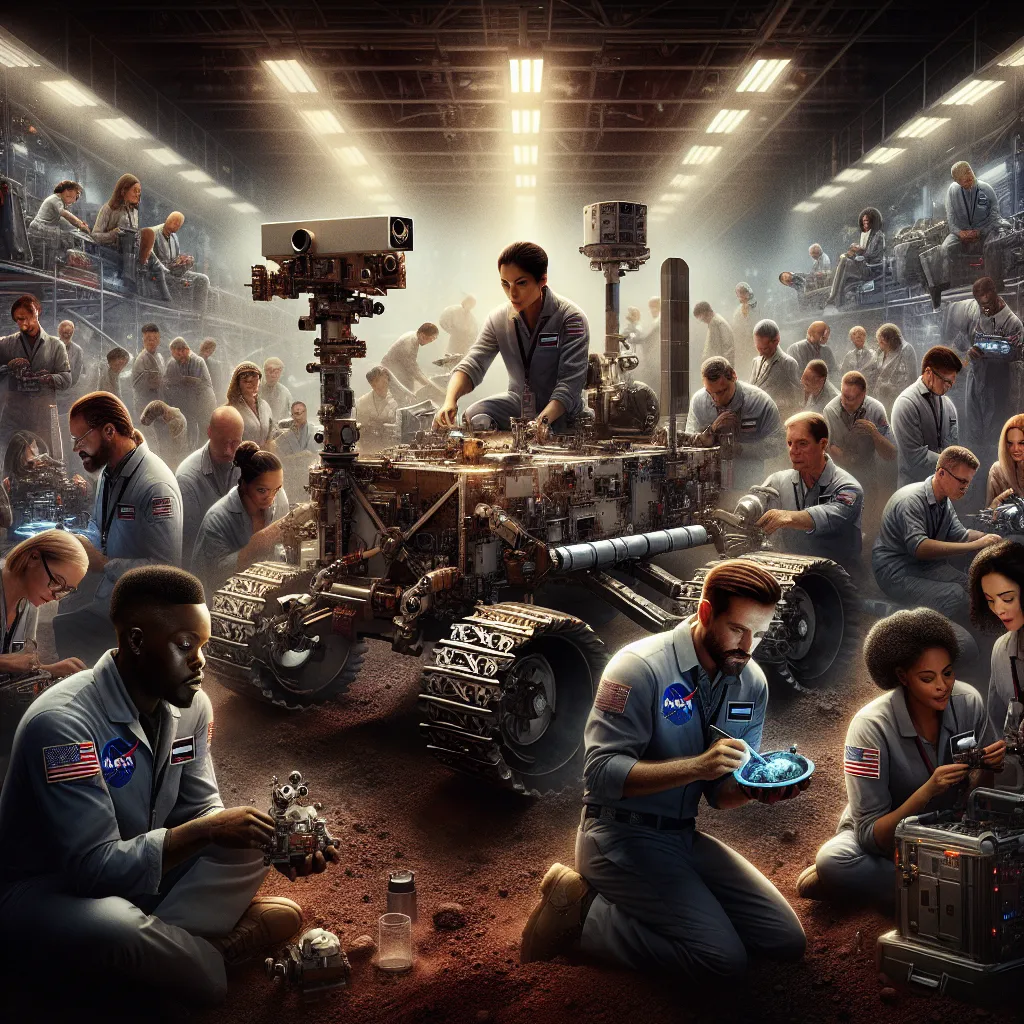We’ve always been fascinated by the mysteries of the universe, and one big idea out there is that comets might have done more than just make Earth a nice home for life—they might have actually brought life here. It’s like something straight out of our sci-fi dreams and fears: aliens could already be among us.
The thought that aliens exist has danced between our fantasies and nightmares for ages. But what if some scientists have it right when they say that life on Earth came from outer space? This wild theory is called panspermia. It suggests that life didn’t start here on Earth but came from another star system.
It’s kind of mind-blowing. Could we be the real aliens, hitching a ride on a comet from some distant planet? If true, it simplifies the tricky question of how life began on Earth. Just imagine: life arrived here, fully formed, from somewhere else out there.
Jane Milosh wanted to see just how tough life can be. At California’s Ames Research Center, she used one of the world’s most powerful guns, the Ames vertical gun, to test it out. She fired this gun at over four miles a second into a granite block with bacteria on it. The idea was to mimic the violent conditions of a comet or asteroid hitting another planet, like Mars. Astoundingly, the bacteria survived.
Imagine these tiny life forms hitching a ride on the surface of a comet or asteroid, being flung into space, and eventually ending up on Earth. If panspermia holds up, it could completely reshape how we think about life’s beginnings here and potentially on other planets, too. Our solar system isn’t a lonely stretch of space. There are countless planetary systems out there, each with their own comets possibly full of organic materials and life seeds.
The universe might be more teeming with life than we’ve ever imagined. Comets from far-off star systems could be spreading life across the galaxy, turning the idea of our uniqueness in the universe on its head.






